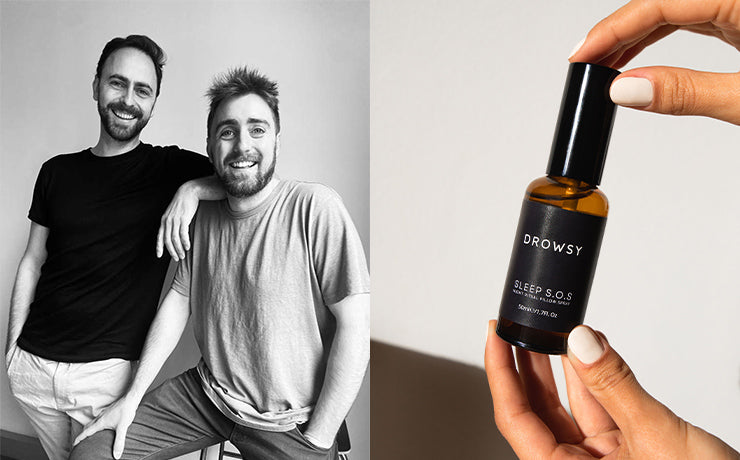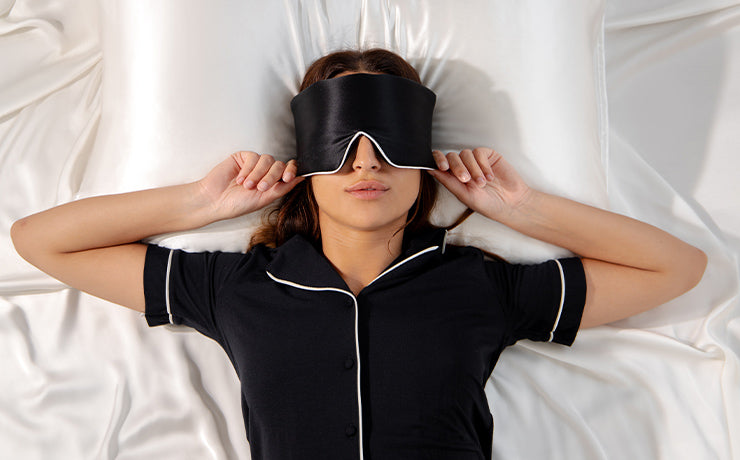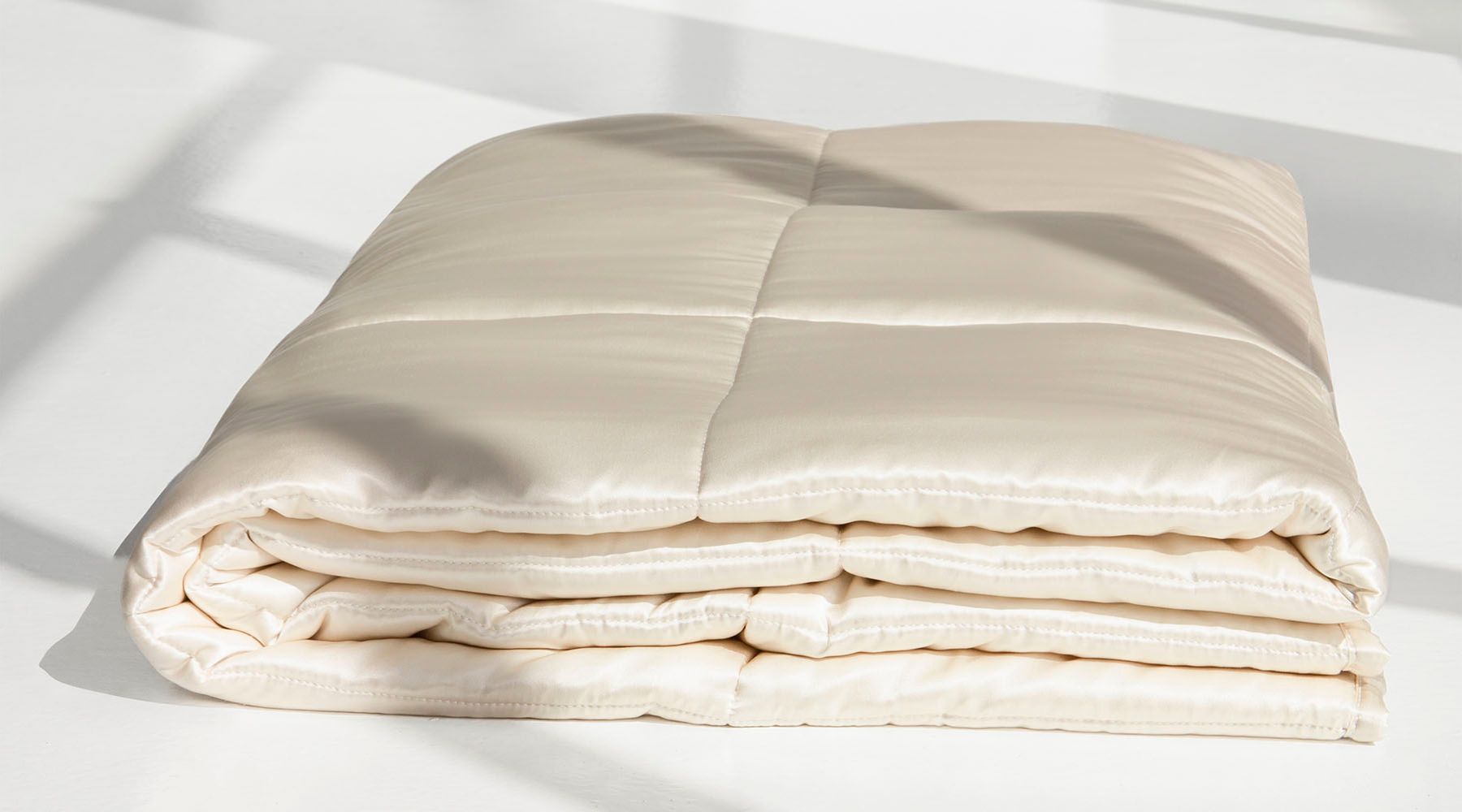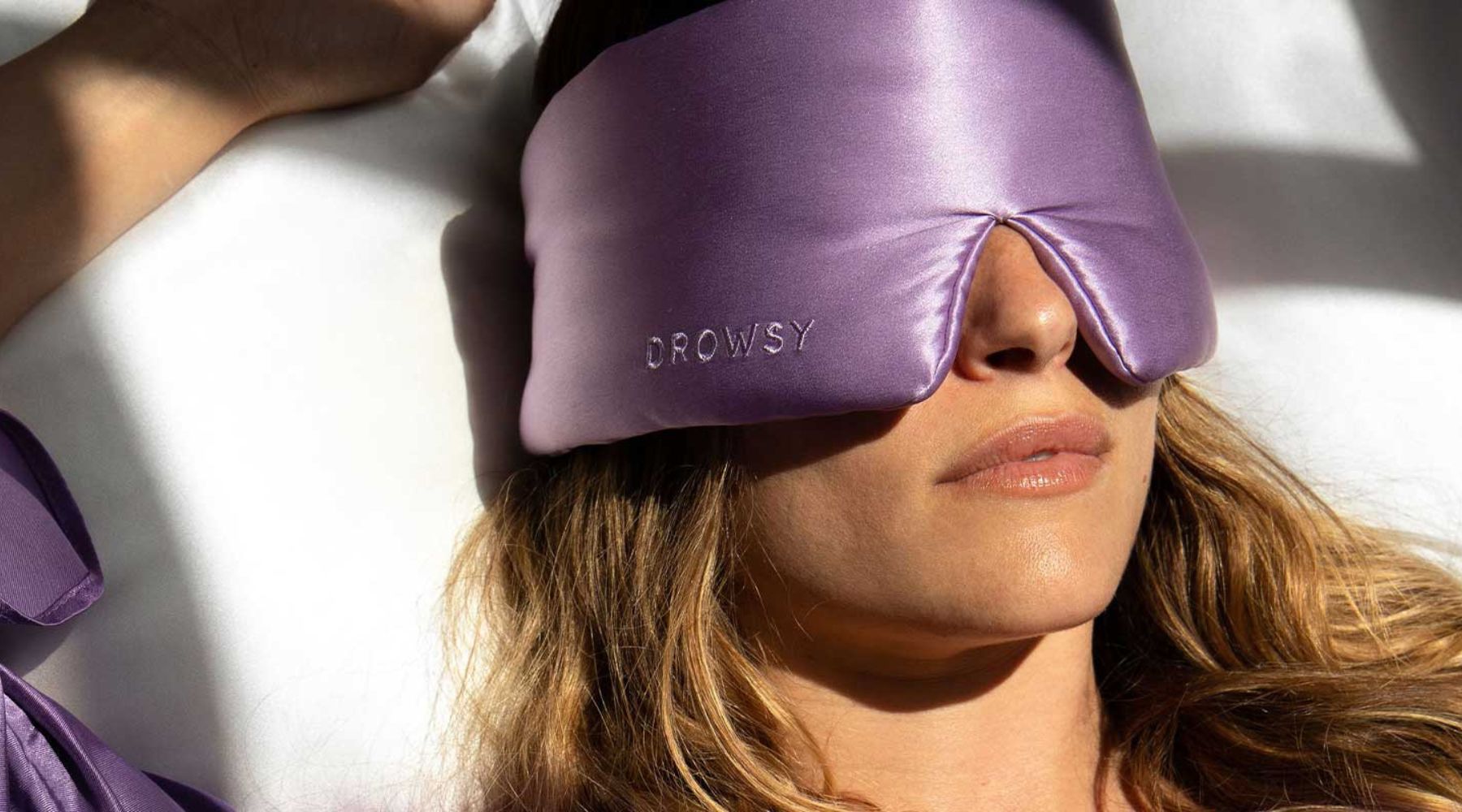The effects of drinking water before bedtime
It's late; you've slipped into your favorite PJs, and now, you're contemplating that final glass of water before you hit the pillow. You've heard the stories. Some say it'll help flush out toxins, hydrate your skin, and keep you feeling fresh. Others warn of those inevitable trips to the bathroom in the middle of the night. So, should you hydrate or skip it?
The effects of drinking water before bed are more than a simple yes or no answer. While the human body loves it when you maintain proper hydration, your bladder might have other plans. In this article, we'll dive into the potential perks and pitfalls of sipping water before you sleep and how you can balance the pros and cons for optimal rest.
The pros of drinking water before bed
Drinking enough water throughout the day is a no-brainer when it comes to maintaining a healthy body. Here are some benefits of staying hydrated:
-
Normal body function: Let's start with the obvious. Staying hydrated is essential for every bodily function. If you have a dry mouth or skin overnight, that pre-sleep glass of water can be a game changer.
-
Detoxification: Staying hydrated helps the kidneys flush out toxins and waste from your bloodstream, supporting disease control and keeping your system clean.
-
Clearer skin: Fluid intake keeps your skin moisturized from the inside out, reducing the chances of dry patches or breakouts.
-
Regulated body temperature: Have you ever woken up in a sweat? Being well-hydrated helps your body regulate its temperature so you're not boiling one minute and freezing the next.
-
Optimal digestion: Adequate water intake is vital for digestion and kidney function. At the same time, drinking water before bed may help prevent heartburn or bloating that could otherwise disturb your sleep.

The cons of drinking water before bed
Nocturia, the fancy medical term for waking up during the night to pee, is something many of us experience. It's the number one issue associated with drinking water before bed and can often lead to sleep deprivation.
Here's how it works: as your body transitions into deep sleep, your kidneys slow down urine production, allowing you to sleep uninterrupted. But if you drink water right before bedtime, you're setting yourself up for a rude awakening. Interrupted sleep isn't just about missing out on rest—it can have a domino effect on your entire next day:
-
Reduced cognitive function: Fragmented sleep can make it harder to concentrate and process information. If you're regularly waking up to pee, you might find yourself in a fog the next day.
-
Mood swings: Lack of uninterrupted sleep increases irritability and stress levels. In other words, you might not be your usual charming self.
-
Weakened immune system: Sleep is when your body repairs itself, so waking up repeatedly can compromise your immune response.
Finding the sweet spot
Here are a few tips to help you stay hydrated without sacrificing your sleep quality:
-
Hydrate throughout the day: Make sure you're drinking enough water during the day so you don't feel the need to chug a bottle before bed.
-
Stop drinking 1-2 hours before sleep: Give your body time to process the water before you fall asleep. By doing this, you'll stay hydrated and avoid frequent urination during sleep.
-
Drink small sips only: If you must drink before bed, try taking just a few small sips, enough to quench your thirst but not enough to send you running to the bathroom.
-
Opt for room-temperature water: Cold water can wake up your system. If you must sip before sleep, opt for drinking warm water to keep your body in rest mode.

The ultimate sleep pairing: hydration and sleep masks
While drinking water before bed may seem like a good idea, managing hydration is just one piece of the puzzle. To truly optimize your rest, combining healthy habits with the right sleep environment is key. This is where sleep masks come into the frame.
Drinking water too close to bedtime might wake you up, but when paired with a sleep mask that blocks out light, getting back to sleep becomes much easier. You'll stay relaxed and cocooned in darkness, which is exactly what your body needs to return to deep, rejuvenating sleep. Here's how to use a sleep mask for the best results:
-
Hydrate wisely: Begin your day by ensuring you're well-hydrated. By the time evening rolls around, aim to finish drinking most of your water at least 1-2 hours before bed.
-
Create a relaxing pre-sleep ritual: After your last glass of water, establish a calming routine. This could involve gentle stretches, reading, or even meditation. The key is to signal to your body that it's time to wind down.
-
Slip into your sleep mask: Once you're ready to sleep, adjust your sleep mask snugly over your eyes. The mask not only blocks out light but also creates a cozy environment, allowing you to feel comfortable and secure.
-
Embrace the dark: If you do wake up for a bathroom break after hydrating, don't panic! Use the opportunity to slip your sleep mask back on as soon as you return to bed. The instant darkness will help you transition back into sleep mode, making it easier to fall asleep again.
If you're looking for premium quality sleep masks to support your snoozes, Drowsy has your back. With features like adjustable straps and soft, breathable materials, Drowsy masks not only block out unwanted light but also help you create a serene sleep environment. Choose your favorite color and design, like the Sunset Pink Pipe Dreams or the elegant White Akoya Pearl, and benefit from a healthy sleep cycle.






